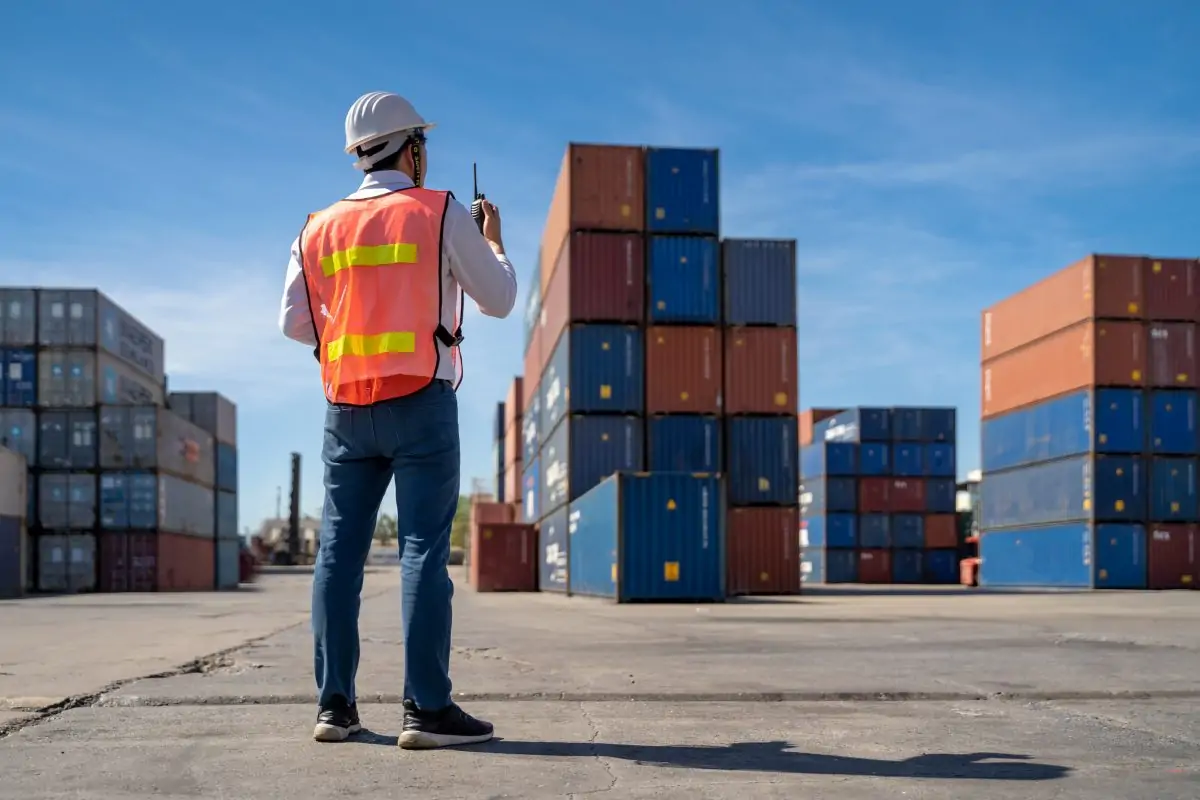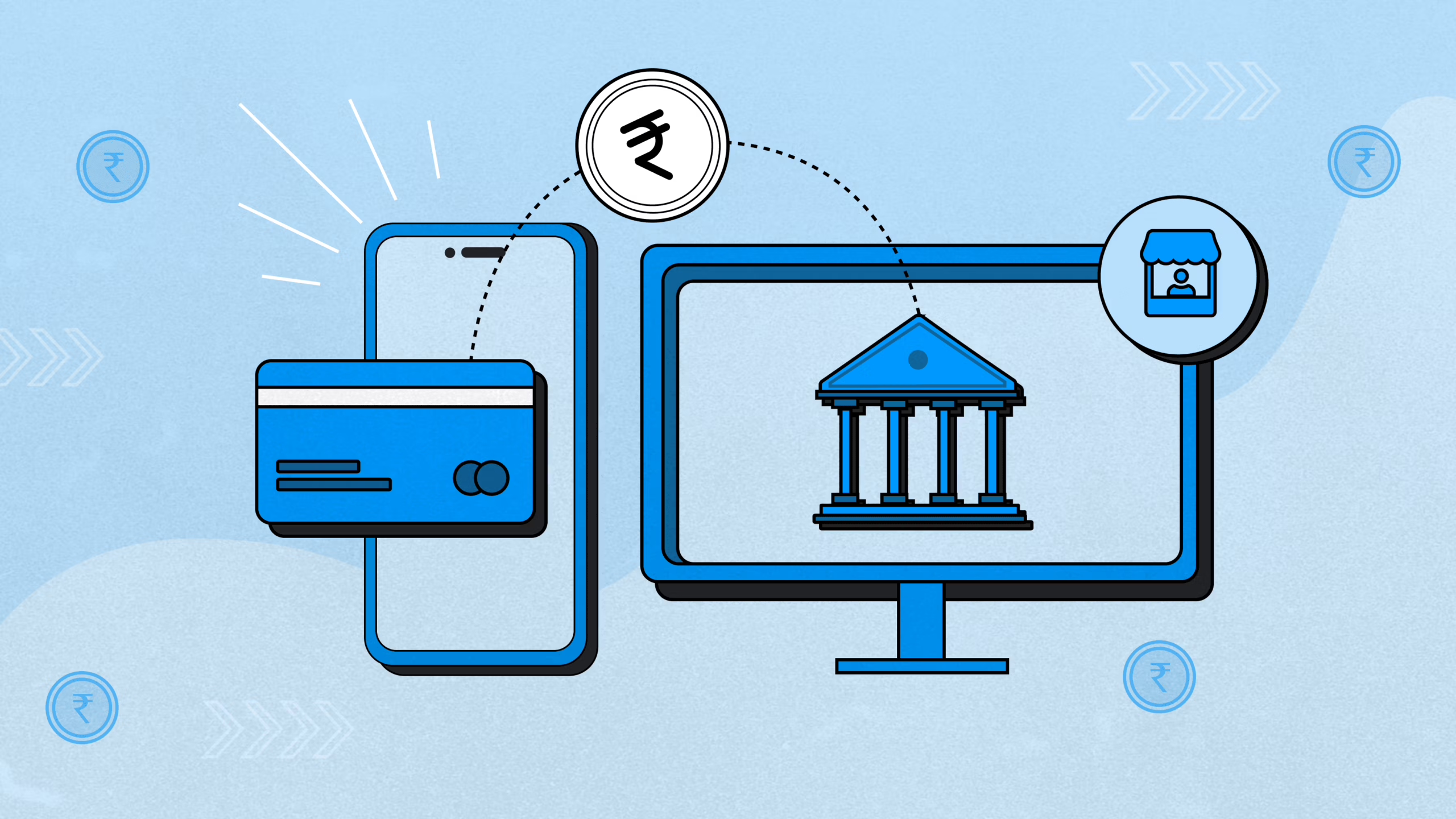Global trade is central to the development of a nation. However, for most exporters, particularly newcomers to international trade, dealing with customs procedures and regulations can be extremely difficult. A Custom House Agent (CHA) or Customs Broker comes in handy at this point.
What is a Custom House Agent (CHA) or Customs Broker?
A CHA is an authorized professional or business. They assist organizations with customs clearance processes and ensure they adhere to all regulations. Consider them a bridge between importers, exporters, and customs officials. They facilitate the movement of goods from one country to another. According to law, they are legally authorized to represent their client in front of the customs department, provided with a Power of Attorney.
Why You Need a Customs Broker for International Trade
It is important to have a customs broker. Their assistance makes complicated international trade easier and reduces risks. They assist companies in numerous ways:
Inside Knowledge of Customs Regulations: Customs brokers have inside knowledge of customs regulations. This includes tariff classification of goods (such as HS Codes), correct duty rates, valuation of goods, and documentation requirements. They keep companies informed on updated legislation and adhere to all regulations. For instance, misclassifying a product can result in incorrect duty payments, penalty charges, or detention of goods.
Smooth Clearance: CHAs are professionals when it comes to customs procedures. They usually send documents electronically in advance using electronic systems, thereby accelerating clearance. They are aware of particular port procedures and are on good terms with the customs officials. They ensure proper documentation, completeness, and timely submission. This avoids delay and storage charges.
Less Risks and Improved Compliance: Customs brokers safeguard businesses against legal and financial issues. They make sure all import and export procedures conform to regulation, lessening errors that would lead to fines or seizures of shipments. This avoids supply chain interruptions that are expensive.
Save Time and Money: Brokers are well aware of customs procedures, which makes them more efficient at calculating duties and taxes. They can leverage their familiarity with trade agreements (such as Free Trade Agreements), exemptions, and special duty rates to save importers and exporters money. They can also guide importers and exporters on government programs such as Duty Drawback, where duties paid on imported raw materials are reimbursed if the finished product is exported. Their familiarity with this directly saves costs and time.
Industry Expertise and Contacts: Customs brokers possess broad connections within shipping and logistics. This enables them to provide expert advice and guidance. They can recommend optimal shipping routes, introduce secure logistics counterparts, and expedite resolution of customs authority issues using latest official data.
Customs regulations are finicky. Regulations differ widely from country to country, and paperwork becomes complicated. When one document is missing or one minor regulation is not fulfilled, a shipment can be held up in customs. A professional CHA prevents such costly issues.
Key Responsibilities of a Customs House Agent
A customs broker has numerous critical responsibilities, outlined in legislation such as the Customs Act 1962 and the Customs Broker Licensing Regulations of 2018. Some of their primary responsibilities are:
Clearing Transport Vehicles: CHAs clear customs for different transport modes such as ships, aircraft, and trains. This involves clearing manifests and crew information to facilitate smooth transit of goods.
Import and Export Business: Brokers assist companies with fulfillment of all customs procedures for exporting goods into a nation or importing them out. This includes:
- Document Handling: Preparing and filing important documents such as the Bill of Entry (for imports), Shipping Bill (for exports), invoices, packing lists, and Certificates of Origin.
- Customs Declarations: Properly preparing and filing declarations to customs.
- Tariff Classification: Identifying the right Harmonized System (HS) codes for merchandise. This code determines the duty rates. Incorrect codes may result in incorrect duties or fines.
- Goods Valuation: Determining the correct value of the imported merchandise for duty purposes, typically on the basis of the price paid.
- Rule Adherence: Ensuring products comply with other government regulations, say the Food Safety and Standards Authority of India (FSSAI) for foodstuffs, or the Bureau of Indian Standards (BIS) for some products.
Customs Audits: CHAs usually prepare clients for and assist them in customs audits. This involves verifying whether customs declarations and documents are accurate and compliant with the rules. Their assistance ensures compliant operations.
Understanding Regulations: Brokers know not just the Customs Act, but also the Foreign Trade Policy, Foreign Exchange Management Act (FEMA), and other related laws that affect international trade.
Bonding Process: They manage procedures for storing imported goods in a customs-bonded warehouse without paying duties right away. This allows duties to be paid later or if goods are re-exported.
Duty Drawbacks and Refunds: They assist clients in filing duty drawbacks (refunds of duties on imported raw materials used in exported products) and handling claims for over-paid duties.
Customs House Agent vs. Freight Forwarder
Both CHAs and freight forwarders play a crucial role in international trade, but they perform different functions:
- Customs House Agents (CHAs): These qualified practitioners specialize in customs clearance and compliance. Their primary responsibility is to facilitate goods to enter or exit a country legally. They are well conversant with customs regulations, tariff codes, and duty calculations.
- Freight Forwarders: These are transport logistics specialists who specialize in the overall movement of products. They book cargo space, negotiate rates with carriers, select optimal routes, and coordinate multi-mode transportation (e.g., sea then land). Freight forwarders coordinate the physical distribution of products from origin to destination.
Although their primary work is varying, most major logistics providers provide both CHA and freight forwarding services. This offers a more holistic solution to clients.
How to Select a Customs House Agent
Selecting the proper customs broker is a major decision that impacts how smooth and efficient your international commerce is. Take into consideration these major factors:
License and Accreditation: Always ensure that the customs broker possesses a valid license from the customs authorities. Verify their license number and any association with professional groups within customs and trade.
Knowledge and Experience: Check if the broker has particular experience with customs clearance for your industry, goods type, and target markets. Ask them about their familiarity with new regulations and rules for your products. Experience with your customs ports of use also is an important plus.
Reputation and History: Look into the broker’s reputation. Ask for recommendations from trusted sources, read client reviews, and check their client list. See if there have been any past issues or penalties.
Services Offered: Check if the broker can handle all your customs needs. Beyond basic clearance, ask about services like customs consulting, advice on trade agreements, and help with duty drawbacks.
Cost Structure: Get a clear and detailed list of the broker’s fees. Fees can vary (per shipment, monthly, or a percentage of duty). Make sure you understand all costs and if there are any hidden charges.
Technology and Systems: A reputable customs broker nowadays employs up-to-date technology. Search for brokers with electronic data systems (EDI) that accelerate data submission. Portals to track shipments and handle documents online also enhance efficiency and transparency.
Eligibility Requirements for a Customs House Agent in India
According to regulations in the Customs Act, 1962, Section 146(2), here are the qualifications to become a CHA in India:
- Education: An applicant should possess a master’s in law, an MBA, or be a Chartered Accountant (CA).
- Form ‘G’ Exam: They should clear the Form G exam, conducted by the customs department.
- Experience: The applicant should have a minimum of 3 years of experience in customs.
- Money: The applicant should possess bank-certified assets of a minimum of INR 5 Lakhs.
Conclusion
Managing customs processes is one of the most challenging aspects of global trade. Regulations and paperwork differ extensively from country to country, and hence it is complicated. A Custom House Agent is therefore most vital for companies in international business because of this.
A CHA is valuable in terms of knowledge and experience. They will make sure your documents are accurate and compliant, and that your shipments pass through customs efficiently. In selecting a CHA, be attentive to their particular knowledge, experience, and technology use. This ensures that your international trade venture is confident and compliant.
Streamline Your Global Payments with BRISKPE
Just as a CHA simplifies customs, BRISKPE aims to simplify your international payments. We understand that efficient cross-border transactions are crucial for your business. BRISKPE provides a modern solution that seamlessly integrates into your trade operations, allowing you to receive payments with greater ease and transparency.
Let BRISKPE complement your streamlined trade operations by ensuring your international payments are as efficient as your customs clearance. Discover Smarter Global Payments with BRISKPE.








